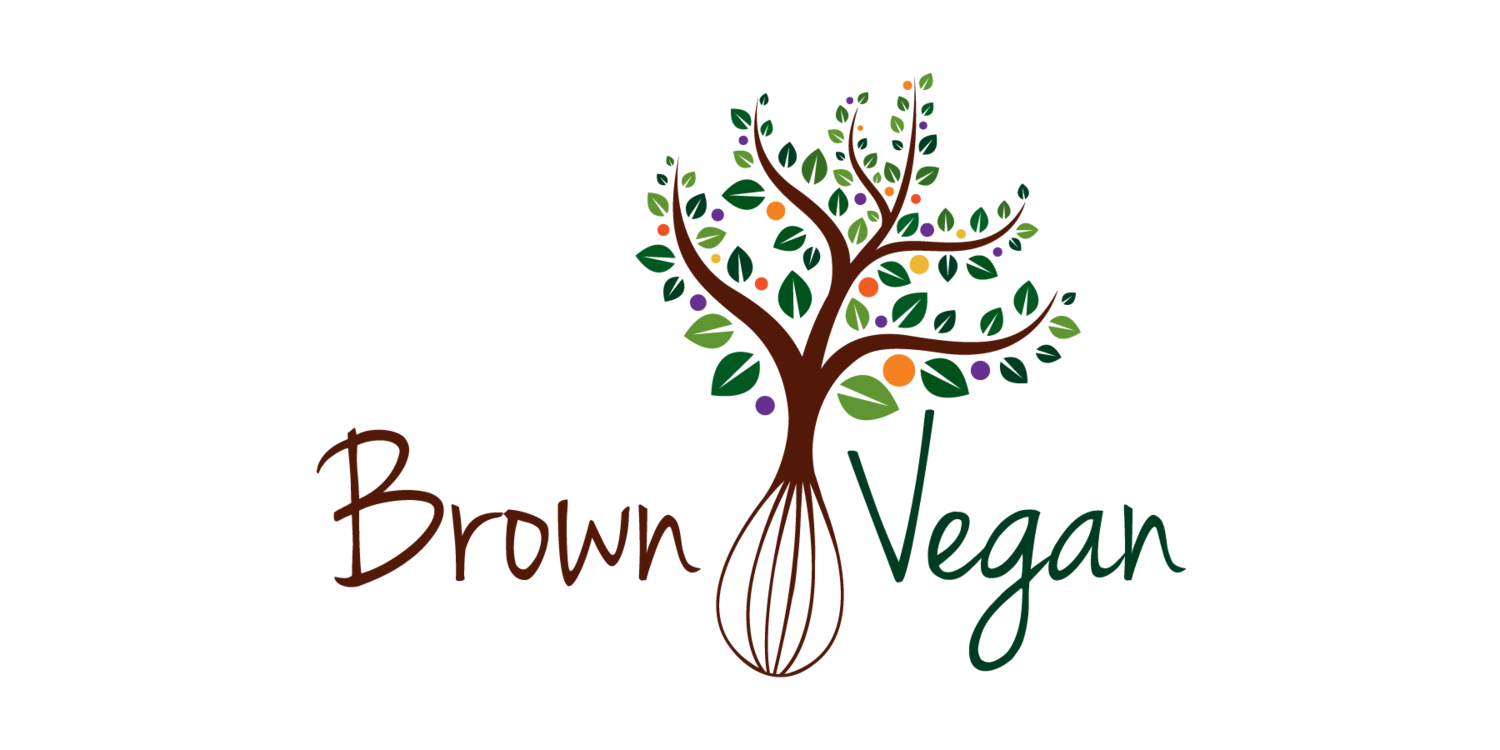Even though I have a family, I didn't really start cooking until I became a vegan. Facts only.
I would throw some Gordon's fish sticks in the oven, steam some frozen broccoli and pull out the box of mac & cheese. I was burning, baby. lol
Don't believe the hype -- You have to get comfortable in the kitchen if you want a delicious and long-term vegan life.
Sure you can live off of french fries, Oreo cookies (yep, they're both vegans) and smoothies but I know you have a family, so that's just out of the question.
With a few basic skills, you can dominate in the kitchen and not spend a million hours in there prepping and cooking.
6 Tips to Get Confident in the Kitchen
1. Have the right kitchen tools
You don't need a million different pieces of kitchen equipment to be effective in your vegan kitchen. Here are some essentials that will make life easier: a good chef's knife, blender, cutting board, 7-cup food processor (you can find an inexpensive one at Target), and a produce brush (to wash your fruit and vegetables). I've been vegan for 5 years and still don't own a fancy blender or food dehydrator. With several basic kitchen tools, you will not only gain confidence in the kitchen, but also get the job done quickly.
Here's an oldie but goodie YouTube video with some of my favorite kitchen essentials...
2. Get comfortable playing with spices/seasonings
Sometimes vegan meals have a reputation for being bland and boring. Vegan life is what you make it! I don't know about you, but I'm not interested in blah meals. I live for flavor! Some of the most common spices/seasoning I use Salt, black pepper, cumin, garlic and onion powder, cayenne, smoked paprika, and oregano.
Blog post and audio with more information about pantry and spices basics here
3. Shortcuts are okay
A lot of people say they couldn't be vegan more than a few weeks because it "requires too much time." Here's the thing, if you know an easier way to make vegan life work for you, DO IT.
If you don't want to make your own almond milk (like I did in this video), stew your own tomatoes (you can buy jarred or canned), buy a loaf of bread (instead of making a homemade version), use canned beans, or prefer to purchase fruit and vegetables pre-chopped, do all of that.
Do whatever works for your lifestyle.
As you get more comfortable in the kitchen and continue to research, you will find out what is worth making homemade and what's worth buying pre-packaged to save time.
Don't beat yourself up if everything can't be homemade. You want a vegan life that will work for you and your family long-term.
4. Learn basic knife skills
You will chop a lot of fresh fruit and vegetables as a vegan, so the faster you can be the more meals you will experiment with.
I chop a lot of onion in my vegan kitchen, so start there with this video....
Here's a playlist from Jamie's Oliver YouTube channel with a ton of kitchen basic videos (not all are vegan) that will help you get confident in the kitchen. He has videos on how to mince garlic, chop carrots and green leafy vegetables.
Also, check and see if there's a knife skills class near you - community colleges and places like Sur la Table offer monthly classes with chefs. I need to a class myself and have been trying to convince Eric that this is a great date night option. He doesn't agree but wishes me luck. lol
5. Prep as much as you can ahead of time
If you're following a recipe, chop your vegetables and organize your workspace ahead of time, so you're not scrambling around looking for ingredients. Also, make sure you shop with a grocery list to ensure that you have everything you need each time.
Here are some tips on how mise en place will save you so much time and headache in the kitchen >>> Easy Cooking Tip: Mise En Place Will Keep You Stress-Free
6. Cook simple meals over and over again
If you're new to cooking, you probably aren't too comfortable with the idea of cooking an elaborate dinner. I can definitely understand that! You should start off by cooking simple meals that don't require a lot of effort. One of the easiest ways to get comfortable in the kitchen is by cooking meals that you know will turn out delicious. Keep a food journal of recipes that worked and have fun making them several times. I promise this will build your confidence and open you up to explore new recipes.
Here are 2 really simple recipes to start with....
In Conclusion....
It will take time to get comfortable in the kitchen, but I promise with consistently it will get so much easier.
Don't be hard on yourself and decide that you will move forward despite the obstacles that may come up. Take your time. Have fun and happy cooking!















